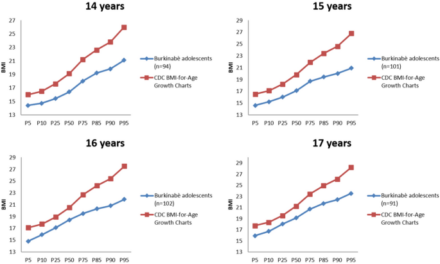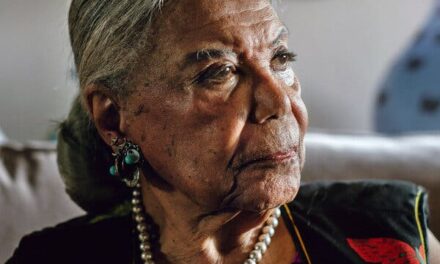A historic Black community in Richland County proved why President Joe Biden might have pushed for South Carolina to vote first in the nation after it saved his campaign in 2020.
South Carolina is a diverse state, home to more Black voters, who traditionally lean Democratic, than other early-voting states.
But Black voters – especially older Black voters – also consistently show up at the polls.
Only 4% of the state’s registered voters cast ballots in the state’s Democratic presidential primary Feb. 3. Voters in the predominantly Black Greenview neighborhood, though, showed up as they always do, painting a picture of what loyal voting could mean for the president.

Carolina News and Reporter
“We vote because it’s the right thing to do. It’s our right,” Gracie Scott, mother of the late state Sen. John L. Scott, said as she voted curbside.
Greenview is one of the city of Columbia’s largest neighborhoods. And its largest demographic is 65-years-old and above – a generation that lived through the Civil Rights Era and consistently shows up to vote.
“Greenview is an old, established community – we’ve always stuck together,” Scott said.
More than 68% of voters who turned out Feb. 3 statewide – 89,000 of 131,000 – were Black, according to the South Carolina Election Commission.
Richland County’s number was even higher: 81% of 18,847 voters.
Voting in Greenview
Richland is the second largest county in the state, where 49% of residents are Black and 44% are white, according to 2022 census numbers.

Kat Smith
/
Carolina News and Reporter
No turnout information by precincts is available yet for the Feb. 3 vote.
But, four years ago, in the 2020 Democratic presidential primary, Greenview tied for the highest percentage of voter participation in the county.
Many Greenview residents have lived there for decades.
It was planned in 1948 for Black soldiers returning from World War II.
Now the neighborhood is one of the most populous in the county. The 2-square-mile area is home to nearly 5,000 residents, about 92% of whom are Black when including those of mixed race.
Greenview residents vote at Greenview Park, a multi-sports complex and community center with an outdoor water complex.
Isola Calhoun, 94, and Archie Suber, 88, have lived in Greenview since the 1960s. They said their generation holds great pride when voting. But, many younger residents don’t share that pride so don’t vote, they said.
“If I can get out here and vote, I know y’all can,” Calhoun said to younger voters.
Calhoun hasn’t missed voting in an election since she was legally able to as a Black woman, in 1965.
“People who don’t vote shouldn’t complain,” Suber said. “I vote every time, because if we do not vote, then certainly folks will do what they want to do.”
Voting for Biden
Calhoun, Suber, and 96% of voters who took to the polls Feb. 3 in South Carolina voted for Biden in a barely contested election.

Kat Smith
/
Carolina News and Reporter
“The only thing I see anybody could have against Biden is his age,” Calhoun said. “But I’d rather take advice from him than the younger person who might lead me the wrong way and is not for the better of America.. … I’m interested in who’s running for president and what kind of president they’d make and if I think they’d make America better.”
Suber said he voted for Biden because he’s the best candidate.
“He is certainly more suitable for this country than someone else I know,” Suber said.
Calhoun said she looks forward to voting for Biden again in November.
“I’m voting for him, and I don’t care if people know I’m voting for him,” Calhoun said. “I’m just trying to live decently and help my community.”
This story was filed as part of an editorial partnership between South Carolina Public Radio and the University of South Carolina’s Carolina News and Reporter. You can learn more about the Carolina News and Reporter here.




